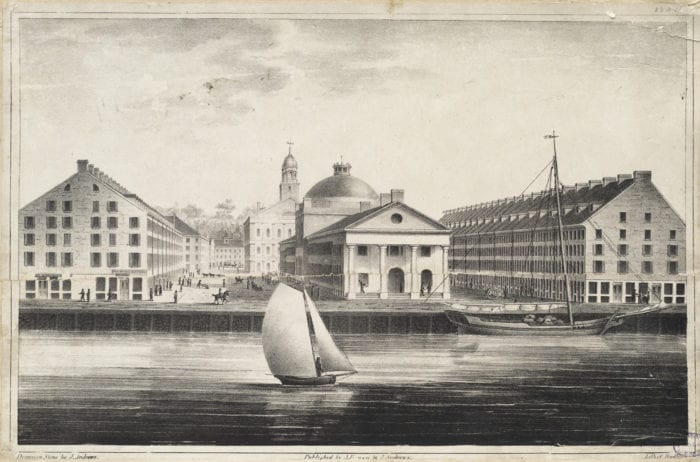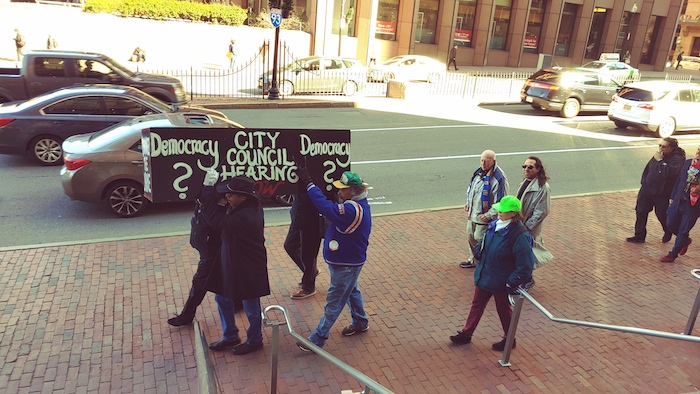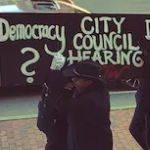
It is incredible that city leaders have not recognized the offense of whitewashing the deeds of Faneuil.
Sometimes, this city speaks and acts as one. The planes originating from Boston on 9/11 brought sorrow and pain to the region, and residents came together in an outpouring of public support. Again, with the Marathon bombing, Boston responded. So too should the City of Boston and its elected officials consider renaming Faneuil Hall.
Many might ask; Why, amid a lethal pandemic, a racial revolution, economic insecurity, and the horrific realization that normal may never be normal again, would the removal of the name Faneuil from a public building be so crucial to Bostonians moving forward as one? It would rebuke, in part, Boston’s perceived or unperceived narrative of a legacy of racial and gender inequity. It will not close the economic disparities among races, nor will it desegregate the schools or the numerous neighborhoods which have become gateless gated communities. However, it will signal to our visitors, students, nation, and beyond that Boston is evolving.

While officials have been reticent or even fearful of open debate, organizations such as the New Democracy Coalition have pressed the issue to the point where the world is watching. In three years, the notion of removing the name Faneuil from a public building in Boston has gone from ridiculous to plausible.
Peter Faneuil, an 18th Century Boston merchant, was known for his business acumen. He obtained his wealth from inheritance and his participation in the commodity market. Included in those commodities were human beings. Active in the slave trade until his death in 1742, Faneuil also owned five human beings valued today at $123,679.68.
Today, Confederate monuments are rapidly coming down. But in Boston, Mayor Marty Walsh has declined to respond to a 20-week old request for a conversation with proponents. Boston City Council members have also ignored calls for a public hearing. On the one hand, Walsh has been hesitant to return the damaged Christopher Columbus statue in the North End until the city assesses its historical meaning. On the other hand, Faneuil Hall remains.
Simply put, removing the name has great societal benefits. It is incredible that city leaders have not recognized the offense of whitewashing the deeds of Faneuil. It is time to assert political and moral leadership, compassion, and reverence to the history we know to be true.
Barry is a Boston resident and activist who has been campaigning for the renaming of Faneuil Hall for years.

